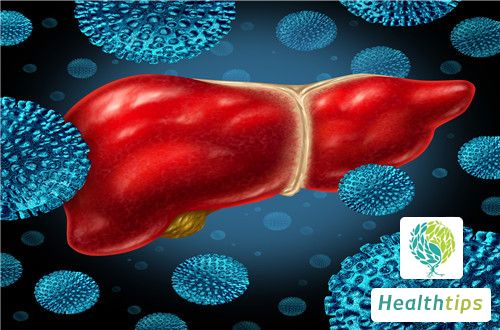Hepatitis B virus DNA levels are considered normal when less than 1000. Only within this range can it be confirmed as negative. Testing for hepatitis B virus DNA is a commonly used and ideal method in the examination of hepatitis B big three positives and hepatitis B small three positives. This test mainly detects whether there is hepatitis B virus in the human body. The detection range is often based on 10 to the third power as the standard. The more the DNA level exceeds 1000, the stronger its infectivity.

Prevention Method 1: Control the source of infection. The isolation period for patients with various types of acute hepatitis should be determined based on the incubation period of various types of viral hepatitis. Asymptomatic HBV and HCV carriers should undergo further testing of various infectious indicators, including HBeAg, HBV DNA, anti-HCV, and HCV RNA. Positive individuals should be prohibited from donating blood and working in childcare.
Prevention Method 2: Cut off transmission routes and prevent transmission through blood and body fluids. Every blood donor and every unit of blood must undergo the most sensitive method to test for HBeAg and anti-HCV. Positive individuals are strictly prohibited from donating blood, and positive blood is prohibited for use. Disposable injection equipment and acupuncture needles are recommended, and reusable instruments must be sterilized by high pressure or boiling. Instruments that are not heat-resistant can be soaked in 2% glutaraldehyde for 2 hours for sterilization. Personal grooming items should be used exclusively. Wash hands with soap and running water after contact with patients. Maintain good living habits.
Prevention Method 3: Protect susceptible populations. All newborns (especially those with positive maternal HBeAg) should be immediately vaccinated with genetically recombinant hepatitis B vaccine within 24 hours after birth. The protection rate after three injections is approximately 85%. HBeAg-positive pregnant women injected with hepatitis B hyperimmune globulin (HBIG) during the third trimester of pregnancy may have a preventive effect on mother-to-child transmission.

